Since Russia invaded Ukraine last month, the impacts have been felt globally. We mustn’t forget the tragic scenes displayed on our screens of the disruption and loss of life, but there is also another type of consequence – economic.

In the past few weeks, the price of an oil barrel has risen to beyond $110 per barrel signalling a short supply to come following sanctions on Russia as wariness grows about dealing with the nation.
So what?
Russia supplies around 40% of Europe’s gas. The recent spike in prices means we’re “approaching the limits of affordability in Western Europe”, and are vulnerable to the “leverage” the Kremlin has over Europe.
Boris Johnson has called for a ‘climate change pass’ for the gas industry, to remove Western’s Europe reliance on Russia for its supplies. Some have argued that this is a matter of national security and fragility, but this could be a step backwards in the transition to renewable energy. This narrative sadly contradicts all the efforts of COP26 in 2021.
Sanctions and restrictions in trading with Russia are only predicted to increase, so the likelihood of a climate ‘pass’ is looking ever more likely.
Sources
- https://www.reuters.com/business/energy/oil-jumps-3-choked-russian-supply-trade-finance-dries-up-2022-03-02/
-
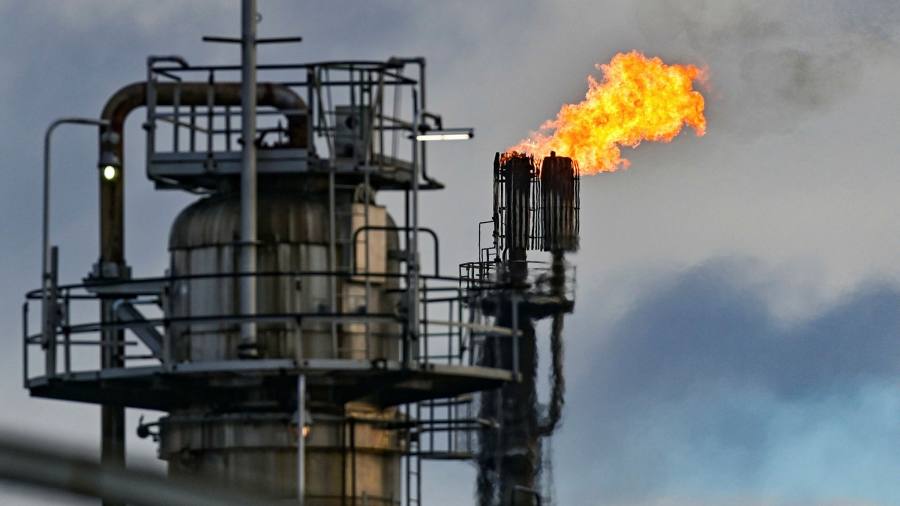 Oil soars to $113 as European energy groups shun Russian crude https://www.ft.com/content/dc93a656-5305-4642-9bc5-6922e33faa06
Oil soars to $113 as European energy groups shun Russian crude https://www.ft.com/content/dc93a656-5305-4642-9bc5-6922e33faa06 -
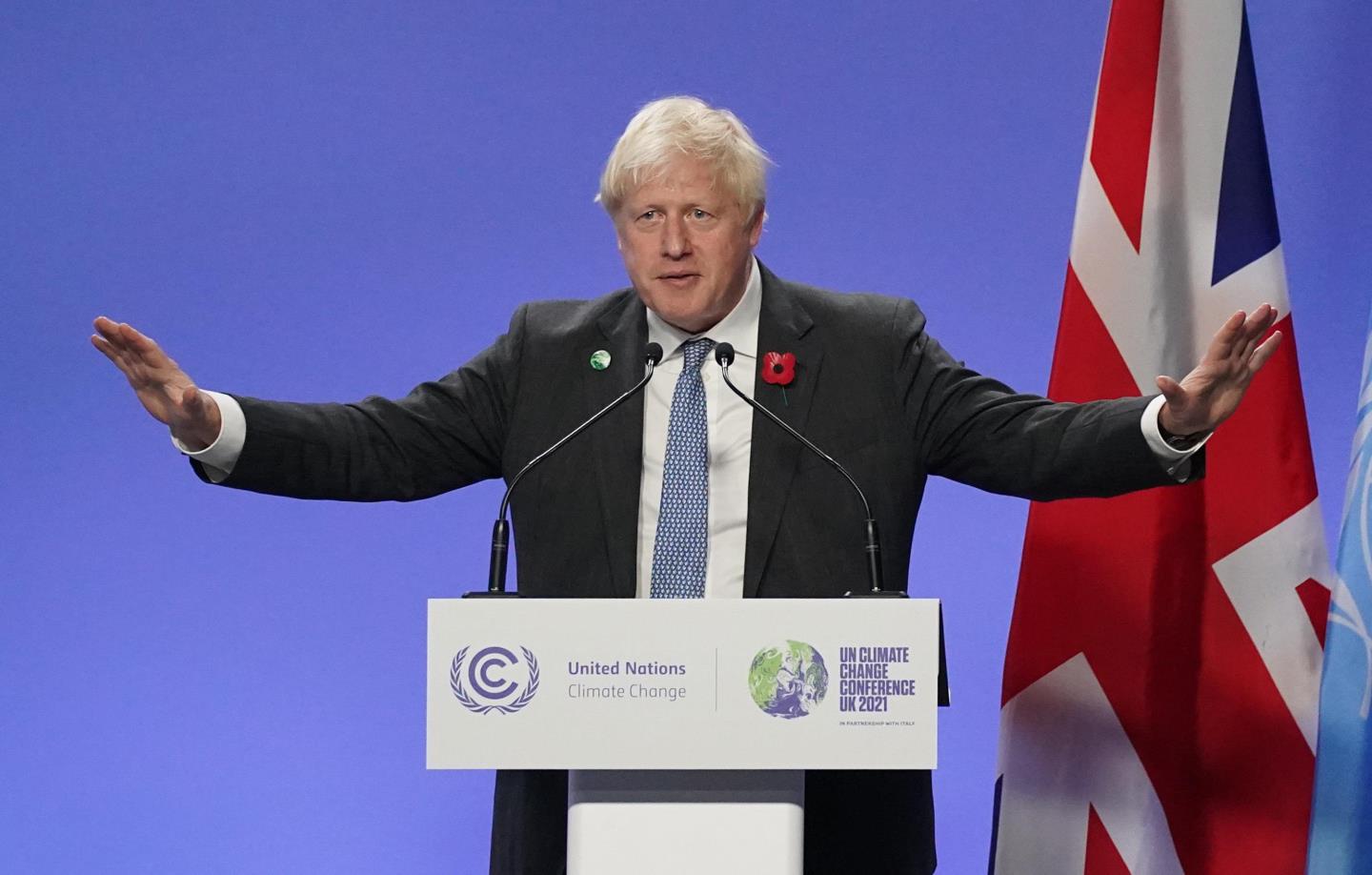 Boris Johnson wants ‘climate pass’ for gas industry to wean West off Russian supply https://www.energyvoice.com/oilandgas/europe/393152/boris-johnson-wants-climate-pass-for-gas-industry-to-wean-west-off-russia-supply/
Boris Johnson wants ‘climate pass’ for gas industry to wean West off Russian supply https://www.energyvoice.com/oilandgas/europe/393152/boris-johnson-wants-climate-pass-for-gas-industry-to-wean-west-off-russia-supply/
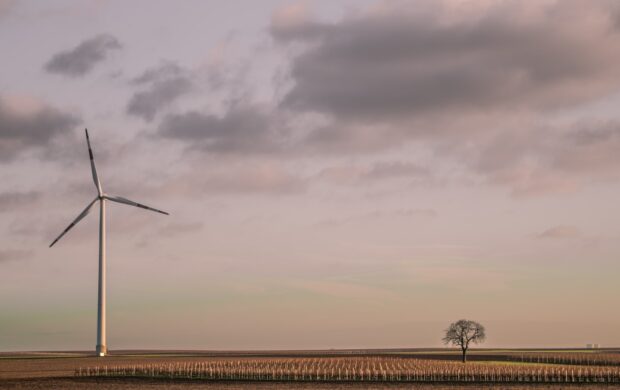
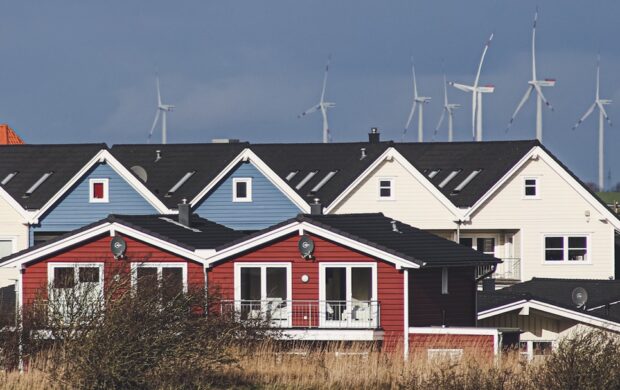


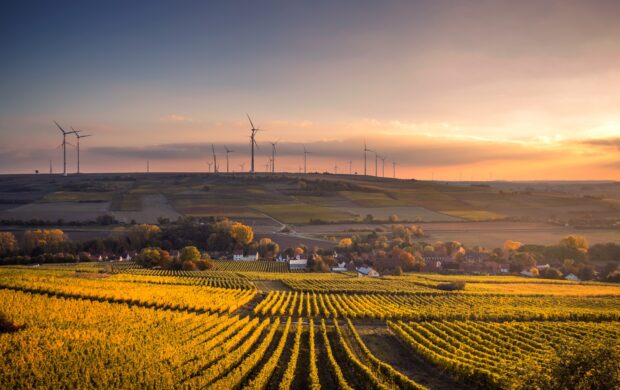


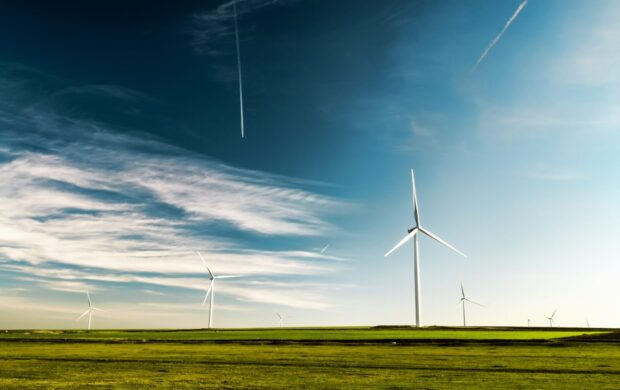
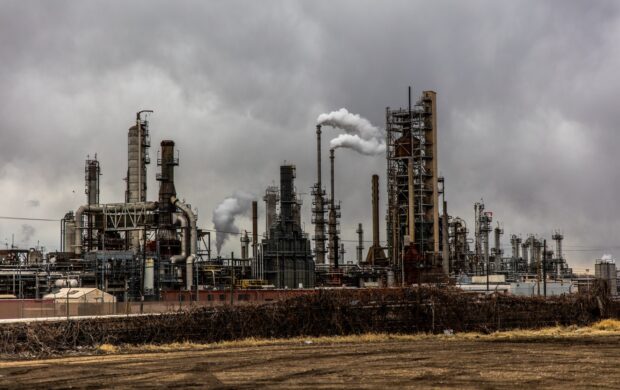

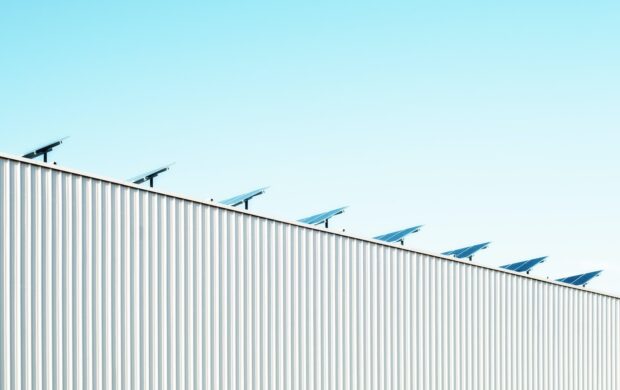

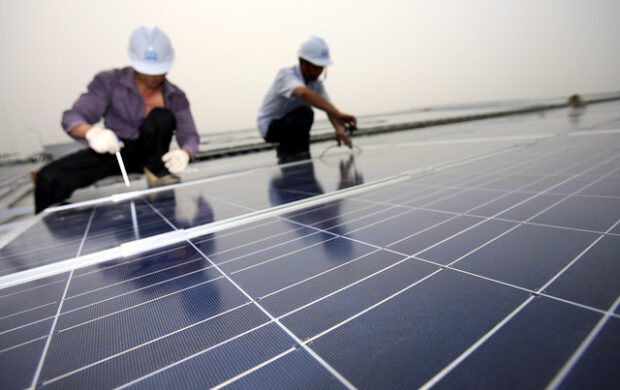
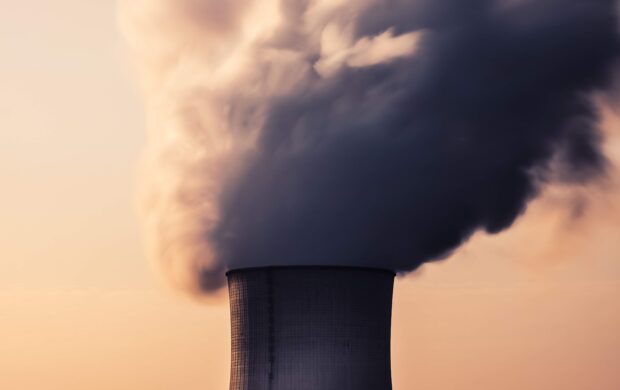
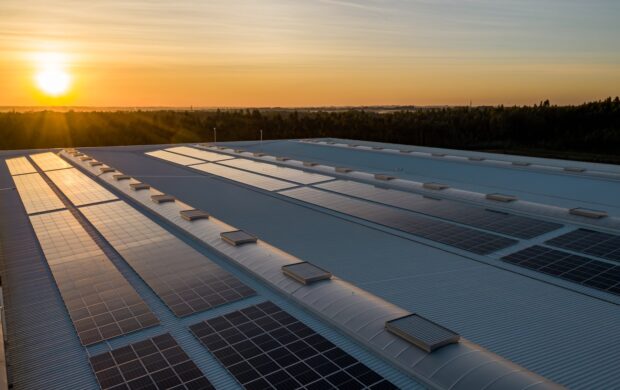
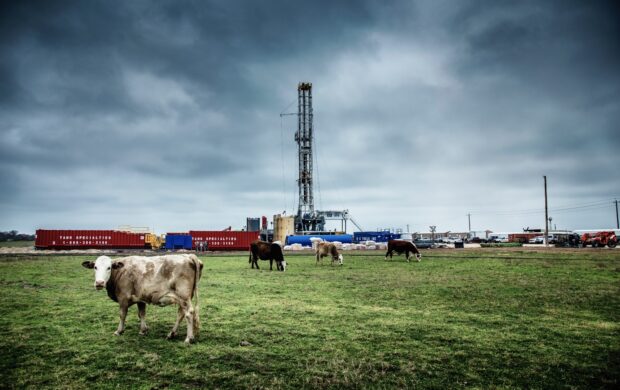


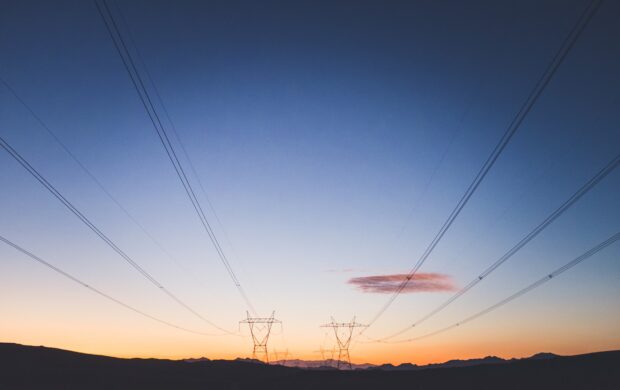



Join discussion